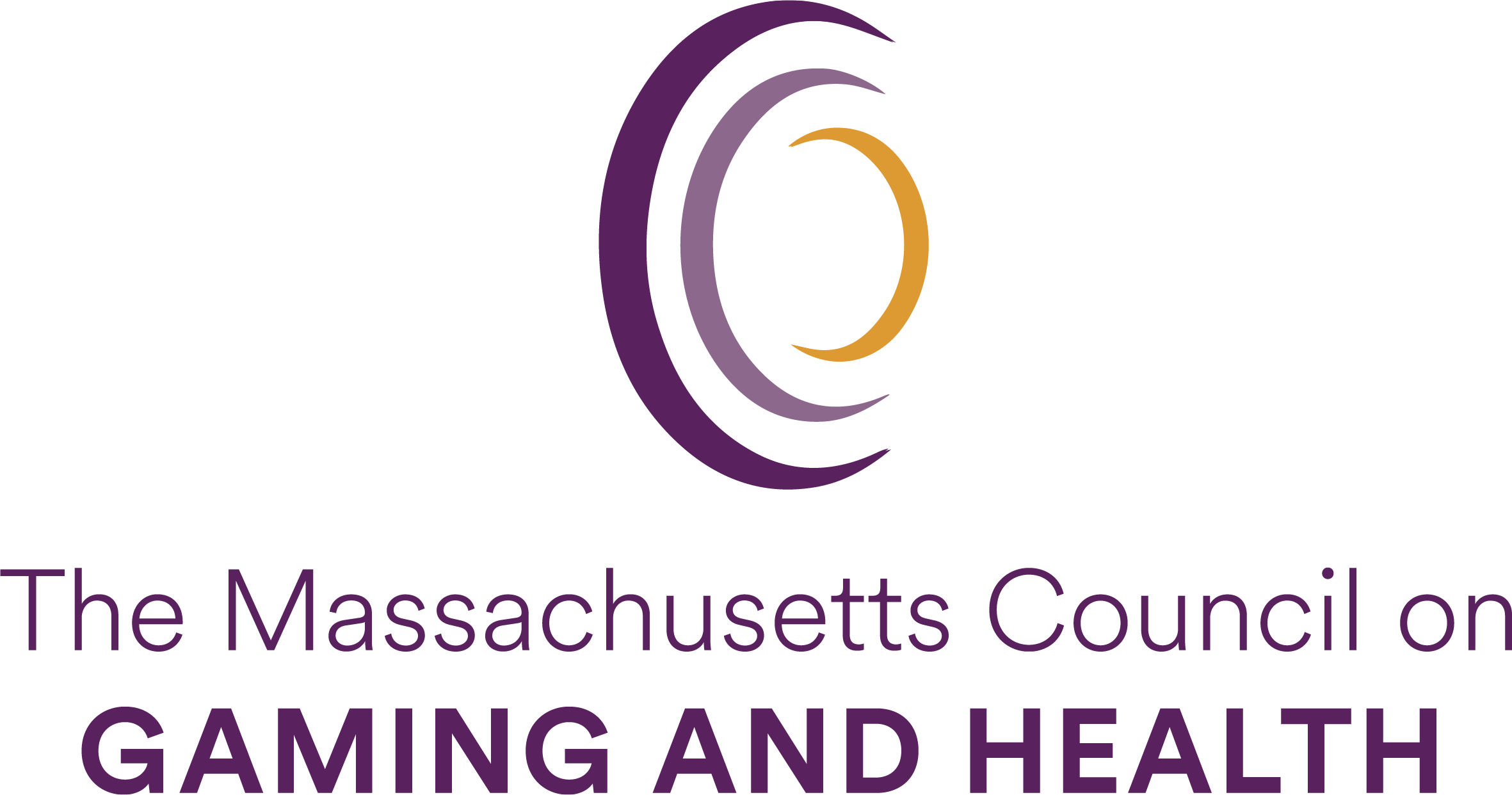By Amanda Poggenburg, Programs Specialist – Prevention, Massachusetts Council on Compulsive Gambling
Did you know that about 50% of adults over the age of 65 have gambled in the past year? In fact, almost 30% of adults over 65 gamble recreationally, meaning 5 or more times in a year. In 2010, the U.S. Census reported about 450,000 people over the age of 65 gamble at least once a year, and almost 270,000 people over the age of 65 gamble 5 or more times a year.
As a way for their visitors to socialize, many senior centers offer opportunities to gamble in the form of raffles, bingo, and casino trips. These opportunities, while providing the chance for older adults to get out and about with groups, do have risks. Though some older adults have savings, many older adults live on a fixed income, and if they should develop a gambling addiction, both groups have little to no way of replenishing their income. Of adults over the age of 65, 0.3% have experienced gambling disorder in the past year and 0.85% have experienced gambling disorder within their lifetime.
The Council has several programs tailored toward older adults to provide education and awareness on the risks involved in gambling, as well as ways to protect themselves if they do choose to gamble. In fact, FY14 was a big year for Council prevention outreach efforts with older adults. We provided workshops on:
- Healthy Aging: You and Your Money, which focuses on living on a fixed income, creating a budget, and ways to save money, and
- Making the Most of Your Leisure Time, which provides a venue for discussion around activities that seniors have done in the past, take part in now, and would like to do in the future.
Somerville Senior Center, Kit Clark Senior Services, and Worcester Senior Center were some of the locations in which these workshops were held. There was a wealth of shared information among the individuals who attended – some of these groups were given the opportunity to learn and create their own scarves as a demonstration of an activity they could do. In general, alternative activities leisure-time activities were discussed, which included:
- knitting and crocheting,
- drawing,
- painting,
- Zentangles (a meditation activity),
- taking classes (Worcester State University offers free courses to adults 60 and older as space allows),
- travel,
- baking, and
- events offered through senior centers, like those offered by Somerville Council on Aging.
A common theme among all workshop discussions was how to reduce risk when choosing to gamble. Risk of experiencing problems with gambling can be reduced by:
- Only taking the amount of money you can afford to lose,
- Treating gambling as purely entertainment and not a way to make money,
- Leaving credit cards and checks at home, and
- gambling with friends as a way to be social.
Throughout FY15 the Council will continue to provide older adult workshops, as well as work with organizations like the Massachusetts Partnership on Substance Use in Older Adults and the Commission on the Affairs of the Elderly Health and Long Term Care Task Force. Together, we will continue to educate and create awareness on gambling disorder and the effects it has not only on the gambler, but on their loved ones, and communities. We plan to continue expanding our outreach efforts and be able to present our workshops at more Councils on Aging and senior centers throughout the Commonwealth. *All facts taken from the Massachusetts Council on Compulsive Gambling Older Adults Fact Sheet




